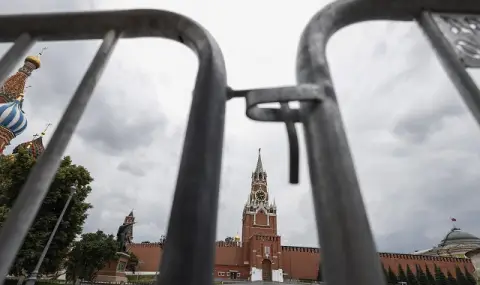Russia takes steps to codify terms expanding the official definition of extremism, as part of ongoing efforts to prosecute and silence domestic opposition to the Kremlin and its war in Ukraine.
This is stated in the analysis of the Institute for the Study of War (ISW).
The new strategy defines "Russophobia" as "manifestation of hatred, hostility or hostile attitude towards the citizens of Russia, the Russian language and culture" through "aggressive attitudes and actions" by "individual representatives and political forces, as well as discriminatory actions by the authorities of countries unfriendly to Russia".
In the new strategy "xenophobia" is defined as "manifestation of hatred, hostility or intolerance towards certain social groups and communication of people", and "radicalism" - as "adherence to an ideology of violence, characterized by a desire to decisively and radically change the foundations of the constitutional system of the Russian Federation [and] disrupt the unity and territorial integrity of the Russian Federation".
These definitions, especially the provision defining support for changing the Russian constitution as "radicalism", aim to informationally link and even define opposition to the current actions and structure of the Russian government as ethnic intolerance towards Russians who do not support the policies of Kremlin and the war in Ukraine, hatred of Russian culture and history and support of "unfriendly" for Russia states in the minds of Russians.
The Kremlin is also likely seeking to use these convictions and subsequent prosecutions to curry favor with Russian ultranationalists, as the Kremlin has recently been cracking down on illegal migration amid ethnic tensions under the guise of fighting extremism.
p>
Kursk Oblast officials appointed critical Russian military blogger Roman Alekhin to an advisory position in the regional government, possibly part of a broader Kremlin effort to appease critical commentators by granting them certain reputational concessions in exchange for their -great information loyalty.
On July 22, Ukrainian forces carried out drone strikes on Russian oil infrastructure in the Krasnodar region and an air base in the Rostov region.
Georgian authorities say they have issued a wanted list for around 300 Georgian citizens who served as volunteers in the Georgian Legion alongside Ukrainian forces.
Russian forces have recently advanced near Vovchansk, Siversk, Toretsk and the city of Donetsk.
